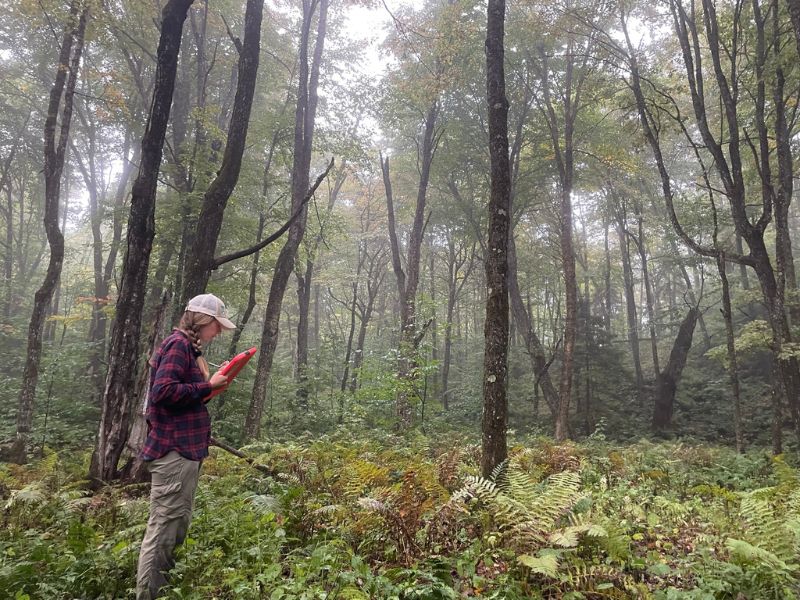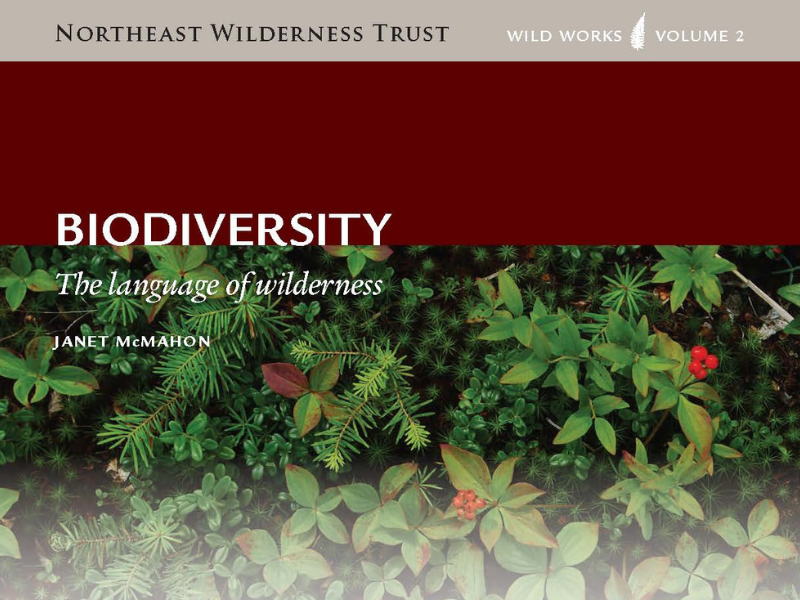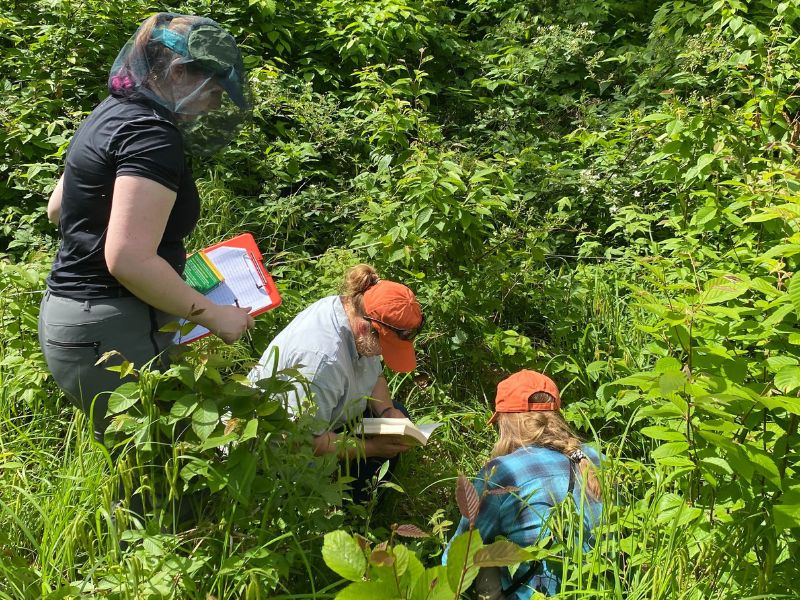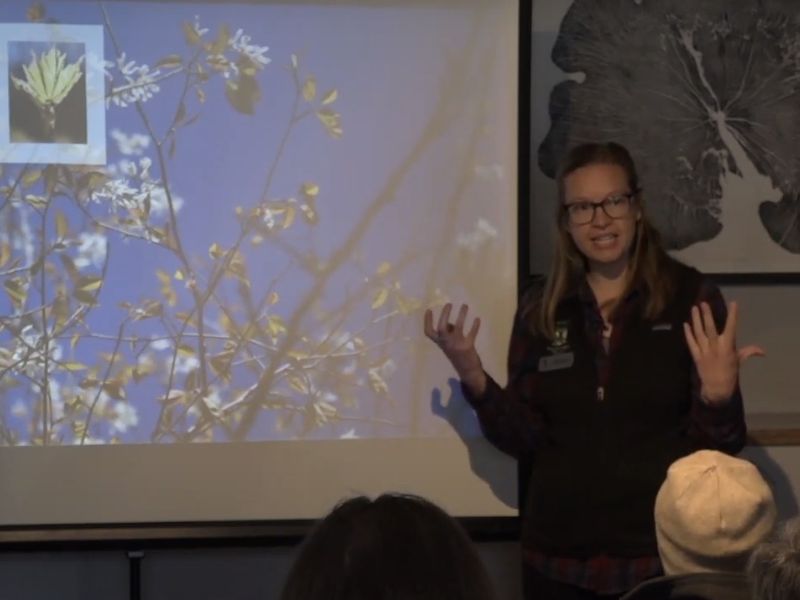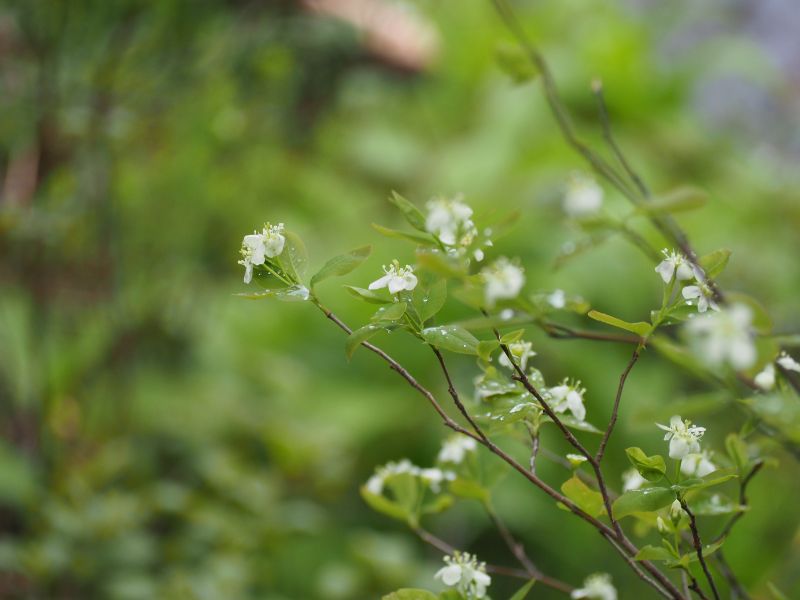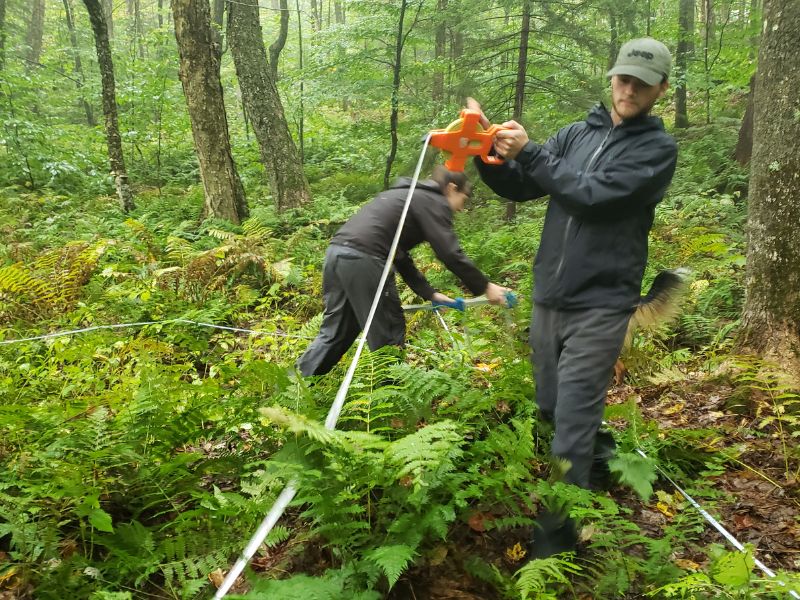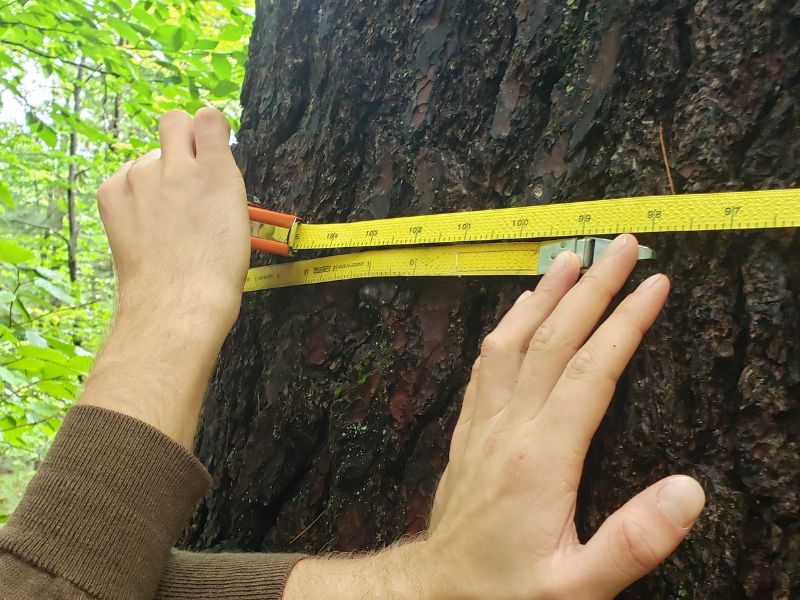Learn More
Launched in 2019, the Wild Works white paper series communicates the best available science on critical topics spanning ecology, conservation, and wilderness. Each paper is written by a subject-matter expert in clear, accessible language for specialists and non-specialists alike.
The wild is full of stories. Check out these blogs and articles about the work of the Wildlands Ecology program, as well as other brief explorations of the Northeast’s flora and fauna and the natural processes at work on its vibrant landscapes.
When they’re not conducting research in the field, NEWT Wildlands Ecology staff often speak in public settings as ambassadors for wild places. Explore these recordings for moving tributes to wilderness and its wide-ranging ecological value.
Join Wildlands Ecology staff in the field with these short, compelling videos about the Northeast’s diverse ecosystems and natural communities. Come for the tranquil forested streams, stay for the slime-mold close-ups!
Research
The Wildlands Ecology program is conducting a long-term study on 48 permanent forest research plots across New York, Vermont, and Maine . The data collected every five years from these plots will illuminate how rewilding forests mature over time, quantifying notable metrics like carbon storage and species density. The findings from this project, as well as other undertakings by the Wildlands Ecology team, will further inform NEWT’s organizational strategy and bolster forever-wild conservation as a potent tool in the fight against climate change and biodiversity loss.
Research Opportunities on NEWT Preserves
Qualified researchers based at external institutions are encouraged to apply for permission to conduct research on NEWT properties. Applications will be reviewed by the Wildlands Ecology team.
Connect & Engage
What’s better than learning about and getting out into the wild? Throughout the year, Wildlands Ecology staff lead educational hikes and give virtual presentations on ecological and conservation themes. Take a look at NEWT’s upcoming events to see offerings from the Wildlands Ecology team.

